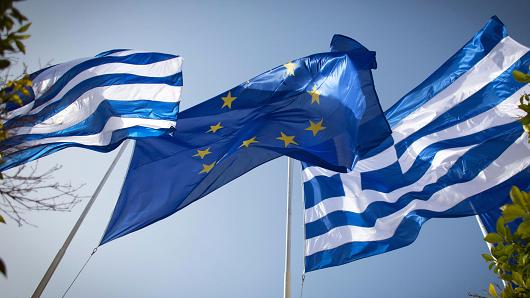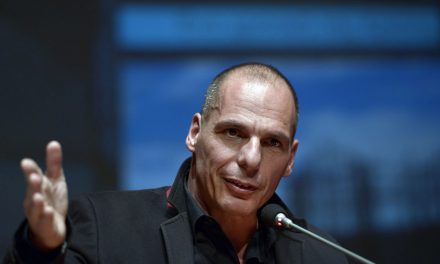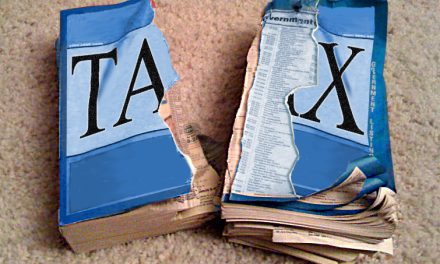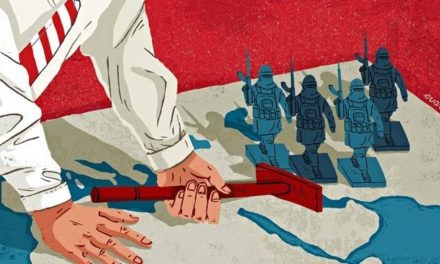By Holly Ellyatt, CNBC
Greece’s ability to pay its debts faces a key test this week, and although a Greek government official insisted to CNBC that the country will make a major payment on Tuesday, there are doubts that the country will be able to honor future obligations.
On Tuesday, Greece must pay the International Monetary Fund (IMF) — one of Greece’s main creditors alongside euro zone lenders — 744.9 million euro ($829.9 million). It’s just one repayment in a long line due to creditors over the summer.
It comes as talks between Greece and euro zone finance ministers (the Eurogroup) have yet to reach a solution over disputed reforms — such as cuts to the pension system and a more flexible labor market — dashing hopes that Greece will receive its last tranche of bailout aid worth 7.2 billion euros.
However, a Greek government official told CNBC Monday that Greece would make Tuesday’s repayment, and that some kind of deal with the Eurogroup could be announced later Monday.
When asked how Greece was going to make those repayments without the last tranche of much-needed aid, the official said some kind of “transitional deal” could be announced after the Eurogroup’s talks Monday.
“(We are expecting) some kind of transitional deal, something that will assist in the area of liquidity and the ability of the public sector to borrow in the short-term,” they said.
To default or not?
Greece is certainly in a parlous financial state. Not only has the country’s central government commandeered cash reserves from local authorities, but its banking system is in crisis mode.
Greek banks are relying on emergency liquidity assistance from the Greek central bank after being cut off from direct funding by the European Central Bank (ECB) because of the government’s failure to stick to its bailout program.
Paul Donovan, managing director and senior global economist at UBS, told CNBC Europe’s “Squawk Box” that Greece couldn’t afford to default on its debt to its European lenders.
“We know what happens if Greece leaves the euro zone – chaos – but if Greece defaults on a payment, does it default to the IMF? Probably not – but if it does, in a way that might be less serious than defaulting to the euro group — because if the ECB stops providing assistance to the Greek banks then we’ve seriously got a problem,” he warned.
“Because then the Greek banks run out of cash, there’s runs on the banking system and the necessity of capital controls and that then becomes a very messy situation.”
U-turn?
The repayment due to the IMF comes years after Greece’s first international bailout in 2010. Since then, the country has received a second bailout overseen by the IMF, ECB and European Commission, resulting in a total aid package of 240 billion euros.
Despite the massive injection of financial aid, however, Greece continues to battle the highest unemployment rate and debt pile in the euro zone.
In February, lenders extended its current bailout program until June, but the Greek government has yet to make vital economic reforms that lenders are demanding in return for the last tranche of aid.
As the country’s financial situation looks increasingly desperate, however, Greece and its leftwing leader Alexis Tsipras may have to capitulate on its anti-austerity demands if wants more aid.
“Kicking and screaming to the very last minute, Greece’s populist government seems to be edging towards the inevitable U-turn,” Christian Schulz, senior economist at Berenberg bank, said on Monday.
“Negotiations with the creditors have apparently not yet resolved the three tough issues of pension reform, labour market reforms and the size of the required primary surplus for 2015….It seems to be gradually dawning on Prime Minister Tsipras that he will have to back down to receive more money and stay in the euro.”



















